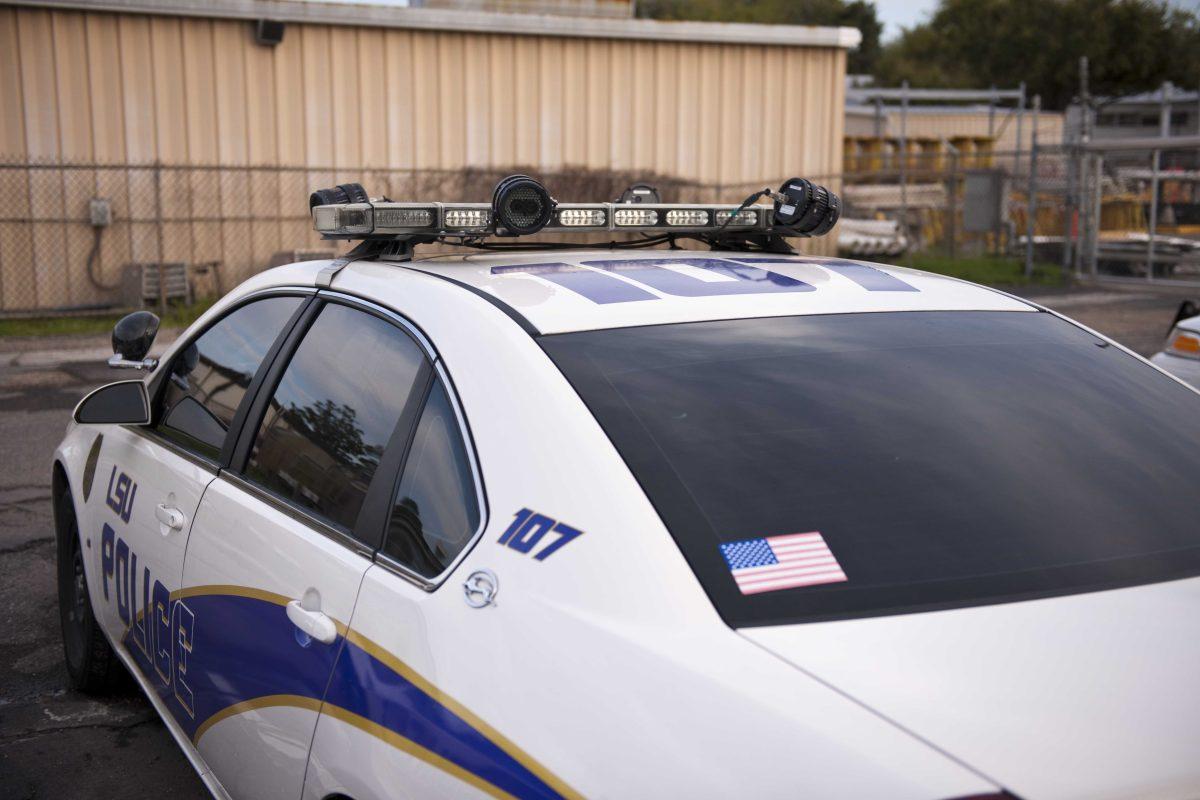Pervasive drug use, campus shootings and budget cuts were among the topics discussed Thursday at a quarterly building coordinators meeting that have led to a shift in these staff members’ vital roles.
At the meeting, building coordinators were repeatedly acknowledged for protecting students and employees in emergency situations, and LSUPD addressed the importance of its role in violence prevention.
On top of their jobs as staff members, the University’s building coordinators volunteer to take on extra responsibilities in their departments in order to ensure their buildings and everything within them are safe and running smoothly.
The meeting also explained the new procedures for performance and work prioritization because of budget cuts and the changes to the University’s worker’s compensation and drug and alcohol policy statements.
In a presentation on how building coordinators should respond to an active shooter on campus, LSU Chief of Police Lawrence Rabalais said the threat of an active shooter is something to be concerned about.
Rabalais said he feels his team is ready to respond to a shooting incident but is worried about the response of students and faculty.
Building coordinators will be directing department personnel and students within the building about what to do and where to go during an emergency situation, Rabalais said.
Sgt. Kevin Scott with LSUPD stressed the importance of violence prevention by monitoring and reporting suspicious peer and co-worker behavior.
Scott said a behavioral intervention team, made up of various campus life departments, has been established to monitor and address behaviors of concern experienced from students on campus.
“This is where you see law enforcement moving,” Scott said. “No longer can we just wait and respond. We need to respond before it happens.”
Scott said students, staff and faculty should all be prepared to recognize and report behaviors of concern in order to ensure the wide range of University resources, such as counseling or outreach, are devoted to individuals who may be in distress.
“In my heart, I feel we are really lucky and have impacted people before things have happened,” Scott said.
Scott said building coordinators are the “eyes and ears” to help law enforcement in their preventative measures.
A threat assessment team, made up of several members of the behavioral intervention team, has also been established to monitor instances where someone has passively or directly communicated a threat to themselves or others.
Scott said the new Residential Life “Adopt-A-Hall” program is another part of LSUPD’s preventative measures.
“We have a privilege as a campus to put our arms around every member of a community,” Scott said.
Besides the threat of active shooters, Dave Maharrey, associate executive director of Facility and Utility Operations for Facility Services, addressed the toll budget cuts that have had on building coordinators’ work order procedures.
Maharrey said emergencies and safety issues are still the top priority for processing work orders, but work orders regarding increasing the quality of buildings will have to be prioritized.
“We’ve been challenged to do more with less just like everyone else,” said Tammy Millican, the assistant director of Facility Services.
Millican said the department has to figure out ways to streamline organization and be more efficient.
Michael Durham, director of Environmental Health and Safety, addressed revisions to University policy statement, PS 90, regarding worker’s compensation and work-related incidents, and PS 67 regarding the misuse of drugs and alcohol.
Durham said the revised policy language of PS 90 clarifies the use of compensatory time and vacation time.
“We want to get people back in a productive role as soon as possible,” Durham said.
Accident care and prevention will also be improved through first aid training for departments and having first aid kits on-hand to treat cases on the spot instead of at the Student Health Center.
PS 67, the misuse of drug and alcohol with regard to employees, has also been revised to help with accident prevention, Durham said.
“Drug screening activities will be expanded to detect the effects of illegal drugs and perhaps alcohol on accidents,” Durham said.
Drug screening rules have been strengthened as well as the fitness for duty screenings, which are behavior screenings.
The University randomly screens employees who are considered to be in safety- and-security-sensitive positions. Durham said the range of the category has been expanded to include a wider range of positions.
Durham said with the revised policy, employees will be screened after accidents in which they have a causative role to help employees better control the circumstances leading up to an accident.
Employee screenings will also take place when they return to work as part of the rehabilitation process.
“In my heart I feel we are really lucky and have impacted people before things have happened.”





